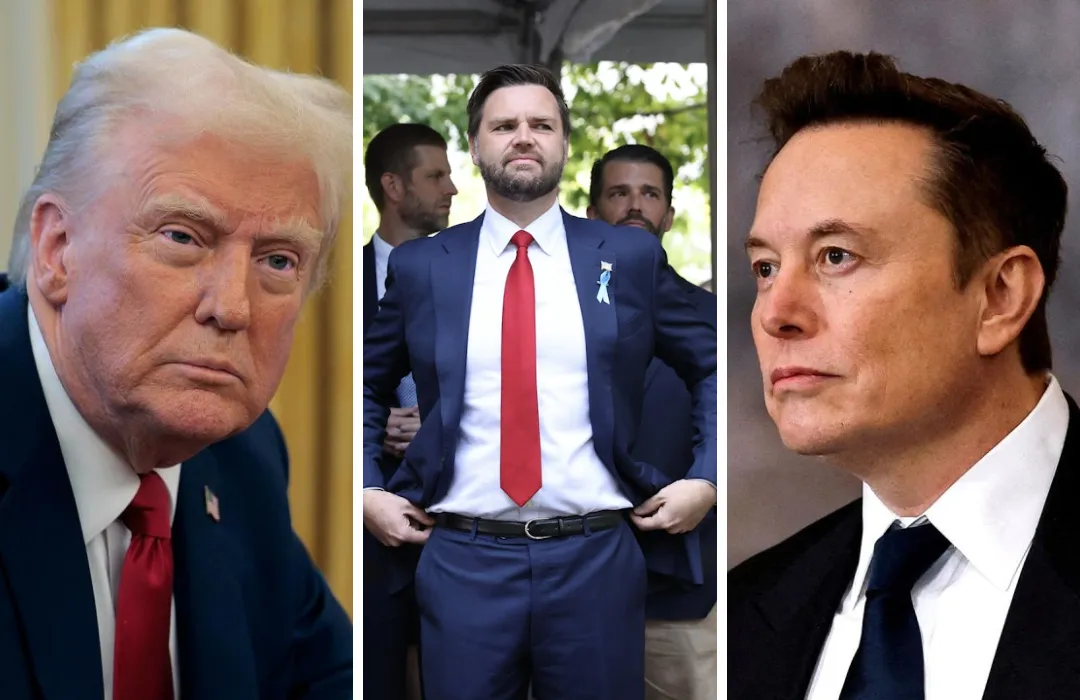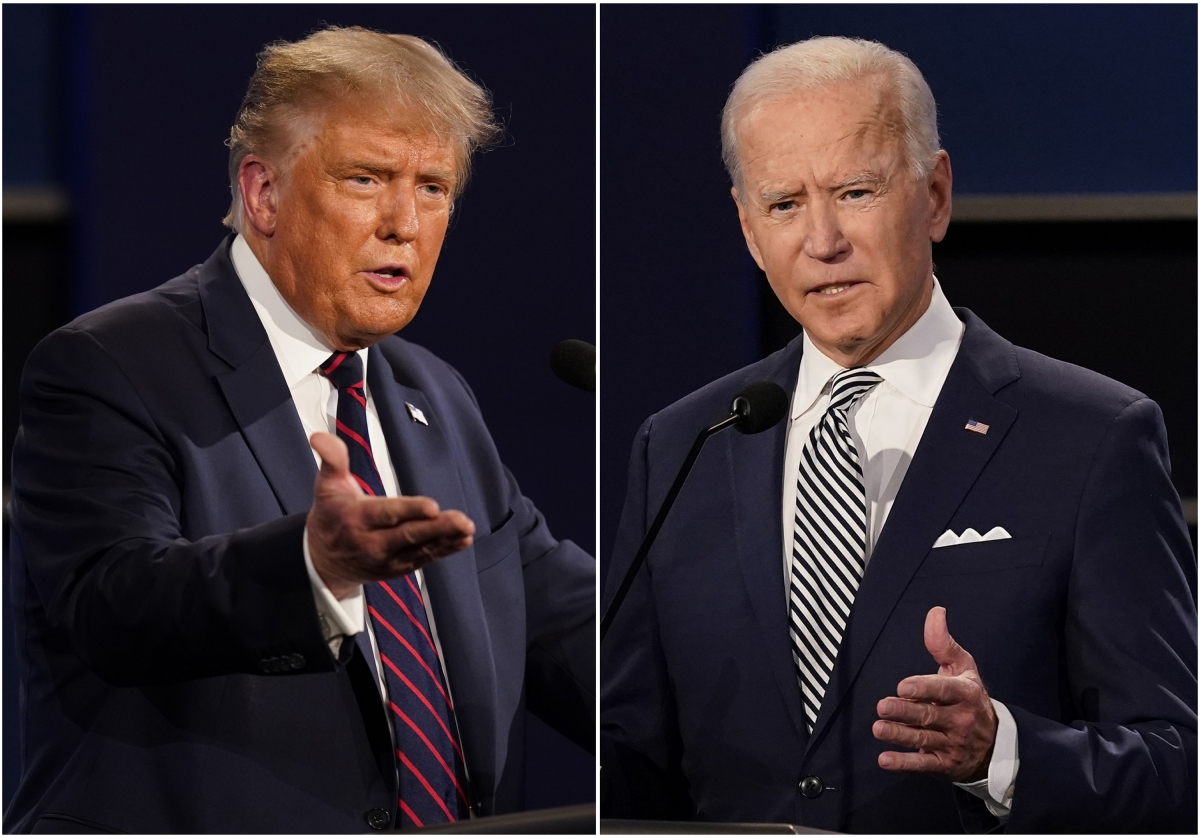
In a bold move that reinforces President Trump’s vision for a more robust, consumer-friendly automotive industry, the Trump administration on Friday announced an interpretive rule that challenges the Biden administration’s stringent fuel efficiency standards.
The rule, issued by the U.S. Department of Transportation (DOT), has quickly ignited a political storm, with critics from the left decrying it as a step backward for environmental policy.
However, this decision marks another significant milestone in Trump’s ongoing effort to reduce government overreach, empower American consumers, and support the U.S. automotive industry.
The Biden administration’s fuel efficiency rules had imposed aggressive standards for cars and trucks, aiming for increased fuel efficiency across vehicle fleets.
These standards, which would have required vehicles to become progressively more fuel-efficient each year, were part of a broader push by the Biden administration to promote electric vehicles (EVs) as the primary mode of future transportation.
But the Trump administration has now taken a stand against this initiative, arguing that the Biden administration overstepped its authority by using fuel efficiency standards to mandate the widespread adoption of electric vehicles.
The new rule from the Department of Transportation clarifies that the previous administration improperly considered electric vehicles as a primary means of making vehicle fleets more efficient.
While this decision does not immediately rescind the Biden-era standards, the Trump administration has signaled that it may not enforce these standards as the rulemaking process plays out.
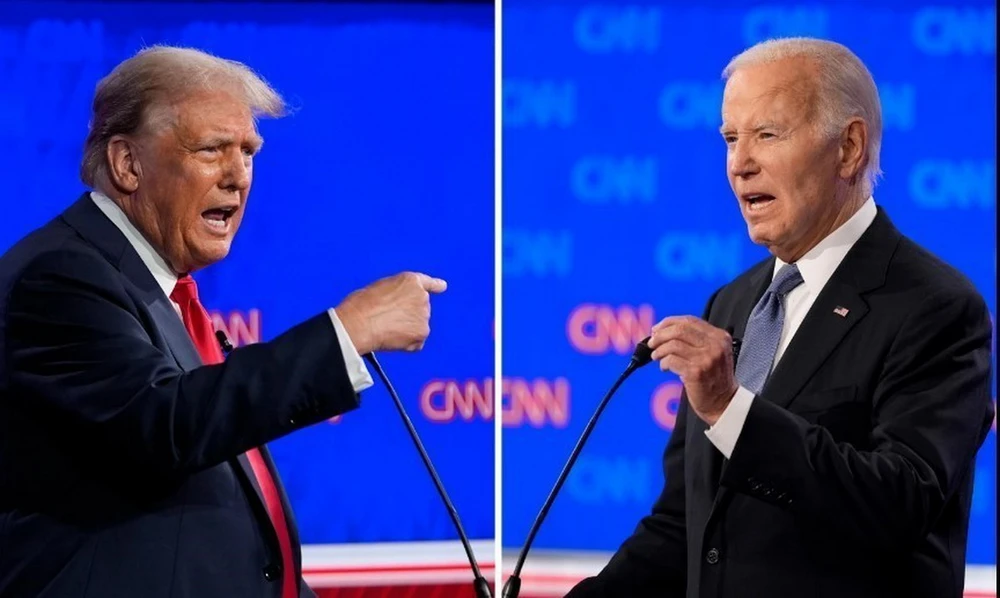
This allows the Trump administration to push forward with its agenda of protecting American consumers' freedom to choose the vehicles they want to drive, without being forced into costly electric vehicle purchases.
“Pending the rulemaking process for the establishment of replacement standards, [the National Highway Traffic Safety Administration] will exercise its enforcement authority with regard to all existing standards in accordance with the interpretation set forth in this rule,” the Department of Transportation statement reads, indicating a clear move away from Biden’s aggressive EV mandate.
Transportation Secretary Sean Duffy, a staunch ally of President Trump, issued a statement criticizing the Biden administration’s policies as harmful to American consumers and manufacturers.
“Under President Trump’s leadership, we are making vehicles more affordable and easier to manufacture in the United States,” Duffy said.
“The previous administration illegally used Corporate Average Fuel Economy (CAFE) standards as an electric vehicle mandate. This is not about protecting the environment; it’s about imposing a government-backed agenda that limits consumer choices and harms American autoworkers.”
The issue at the heart of this new rule is the Biden administration’s effort to use fuel efficiency regulations to push the transition to electric vehicles.
Under Biden’s plan, vehicles would be required to increase fuel efficiency by about 2 percent per year for passenger cars, and heavy-duty pickup trucks and vans would need to meet higher standards of 10 percent efficiency gains per year from 2030 to 2032.
These mandates would effectively encourage—or, as Trump supporters would argue, force—the American public into adopting electric vehicles, a move that Trump has long opposed.
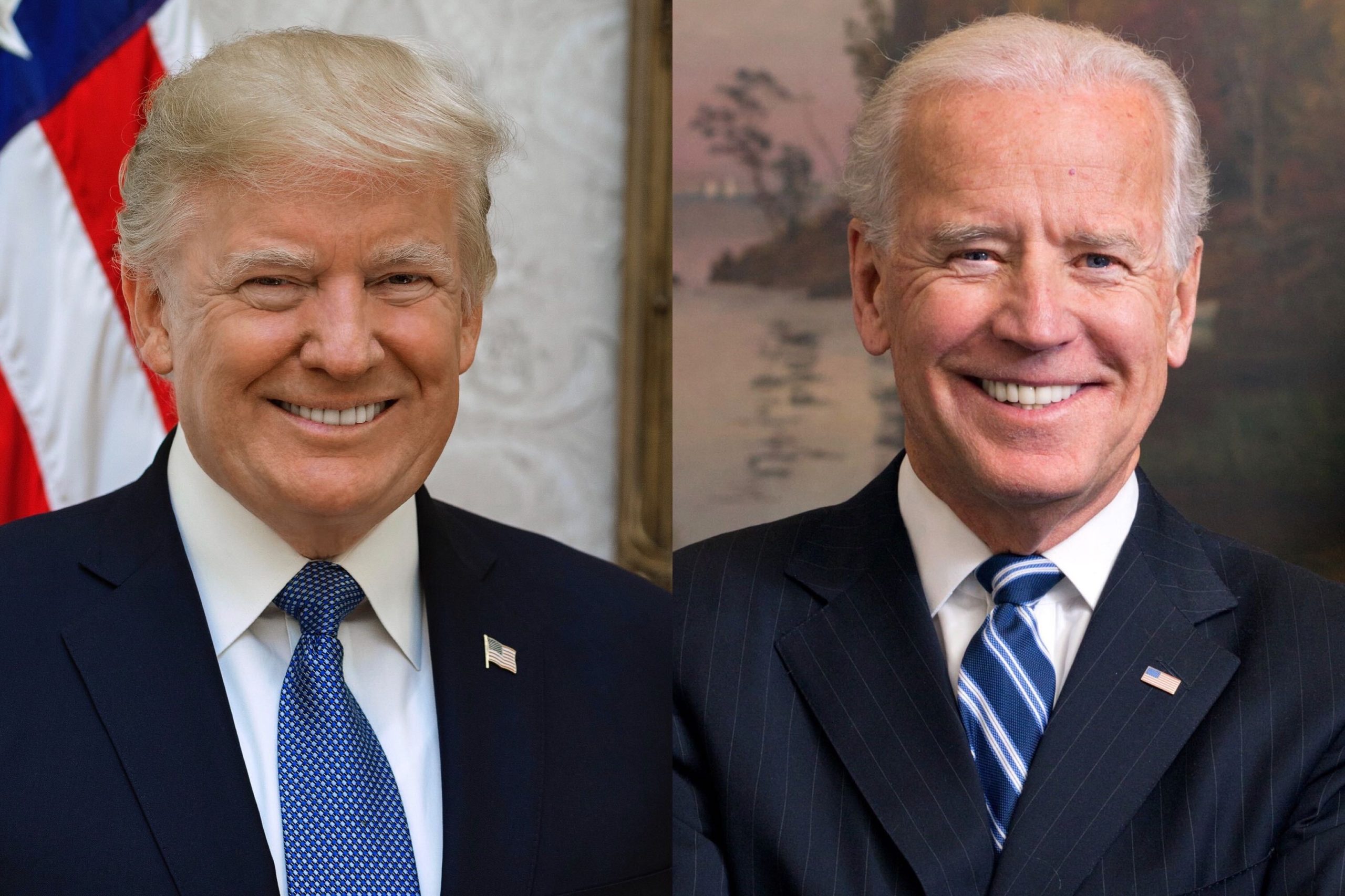
Trump’s resistance to the push for electric vehicles is rooted in his firm belief that such policies limit consumer choice and fail to address the real needs of the American people.
The push for electric vehicles, while promoted by environmentalists as a way to combat climate change and reduce air pollution, has been criticized by Trump as a misguided attempt to force an agenda on working-class Americans.
In particular, he has raised concerns that this move could lead to job losses among autoworkers and make cars more expensive for everyday consumers.
Many Republicans and Trump supporters have long argued that policies promoting electric vehicles not only artificially limit consumer options but also disproportionately benefit wealthier Americans who can afford to make the switch to EVs.
By contrast, the average American family, particularly those in rural and working-class areas, depends on affordable, reliable vehicles to meet their daily needs.
The Biden administration’s push for electric vehicles threatens to make cars more expensive and out of reach for many Americans, especially as they already face rising costs for everyday goods and services.
Trump has consistently argued that the free market should determine which vehicles succeed, rather than the government imposing mandates that distort the market and limit consumer freedom.
He has also pointed to the potential economic ramifications of such a transition, arguing that forcing the auto industry to move toward electric vehicles could result in the loss of thousands of jobs.
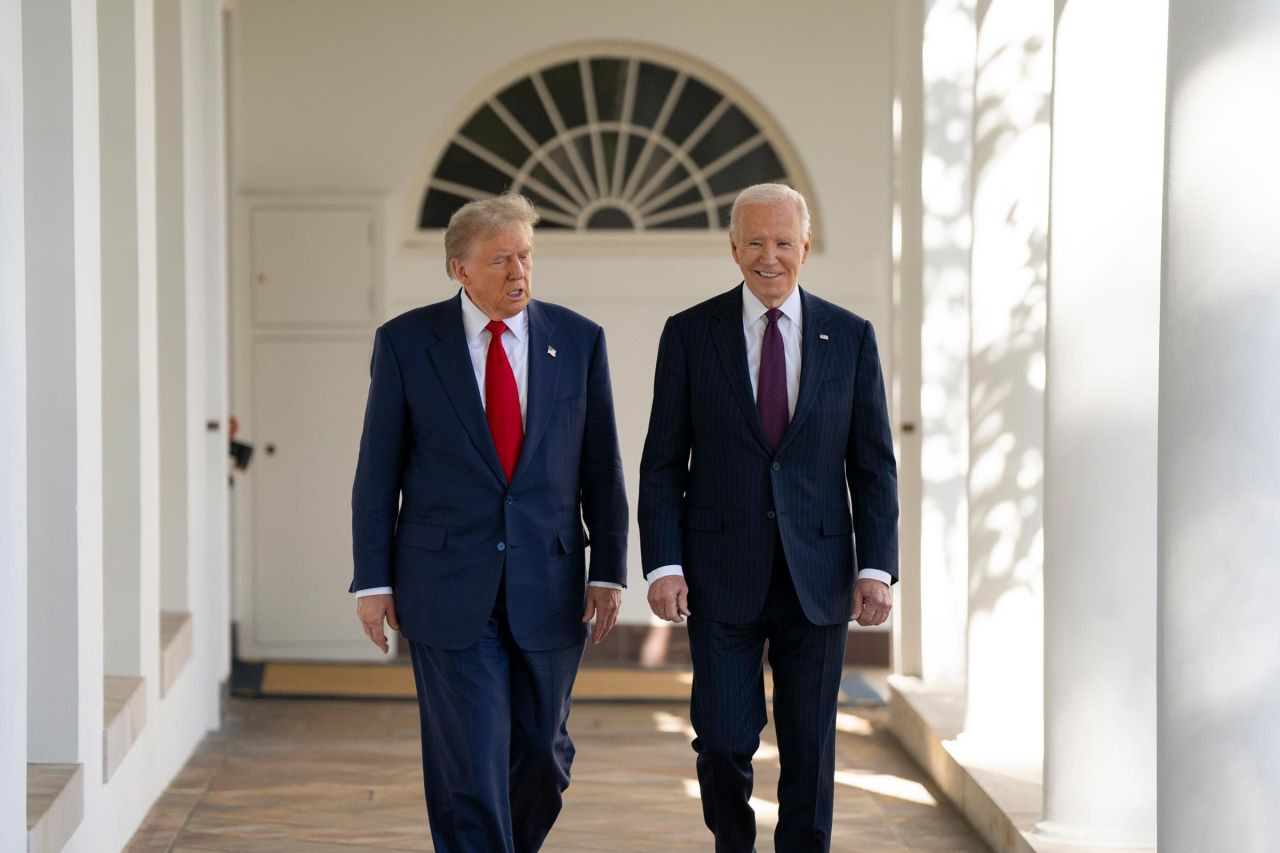
Auto manufacturers, parts suppliers, and workers in related sectors rely on the continued success of gasoline-powered vehicles to sustain their livelihoods, and the government’s intervention in this market could destabilize the industry, hurting both workers and consumers.
While many on the left have celebrated Biden’s aggressive push for electric vehicles as an important step in mitigating climate change, there are significant questions about the practicality and sustainability of this approach.
The cost of electric vehicles remains prohibitively high for many American families, and the infrastructure needed to support widespread EV adoption—such as charging stations—remains underdeveloped.
The reality is that electric vehicles are not a one-size-fits-all solution for the American people, especially in rural areas and among lower-income households.
The Biden administration’s push for EVs is not only a political issue but an economic one as well. The U.S. is still heavily reliant on traditional gasoline-powered vehicles, and the transition to electric vehicles is not something that can be done overnight.
The Trump administration’s approach acknowledges the need for gradual change, focusing on policies that support all types of vehicles, while still moving toward cleaner energy solutions without forcing Americans to give up their preferred vehicles.
In contrast, the Trump administration’s approach to the automotive industry is focused on pragmatism and economic stability. By rolling back Biden’s aggressive fuel efficiency rules, Trump aims to give the American automotive industry the flexibility to innovate without being hampered by unrealistic government mandates.
Rather than pushing for electric vehicles to be the only solution, the Trump administration is prioritizing energy independence, job creation, and affordability, ensuring that Americans can continue to enjoy a wide range of vehicle choices while still addressing environmental concerns.
![Images of Trump's second inauguration [photo gallery] - U.S. Embassy in Montenegro](https://me.usembassy.gov/wp-content/uploads/sites/250/inauguration_trump_biden-25020545045297-e1737635885355-1140x672.jpg)
The Biden administration’s regulations, in practice, have shown that even when they are not yet fully implemented, they still have significant impacts on the vehicle market.
This is why Trump’s move to undermine these regulations is so critical. By reasserting control over the nation’s energy and automotive policies, Trump is taking a stand for the American consumer, ensuring that their choices are not limited by government mandates that do not align with their needs or economic realities.
Furthermore, the Trump administration’s decision to roll back these regulations is supported by the data, which shows that many American families, especially in rural areas, are concerned about the economic impact of such policies.
In states like Missouri, where rural hospitals have already struggled, the push for electric vehicles could exacerbate financial strain by imposing higher costs on the auto industry and making vehicles less affordable.
As many Americans continue to struggle with inflation and rising costs of living, the last thing they need is for their government to make it more difficult to afford reliable transportation.
President Trump’s stance on this issue is rooted in his broader economic philosophy: the government should not be dictating which technologies and industries succeed.
Instead, the free market should be allowed to innovate, providing consumers with the best products at the best prices. This approach has proven successful in the past, with Trump overseeing an economy that saw record-low unemployment, wage growth, and a thriving manufacturing sector.
In conclusion, the Trump administration’s move to roll back Biden’s fuel efficiency regulations is a necessary step to protect American consumers and workers.
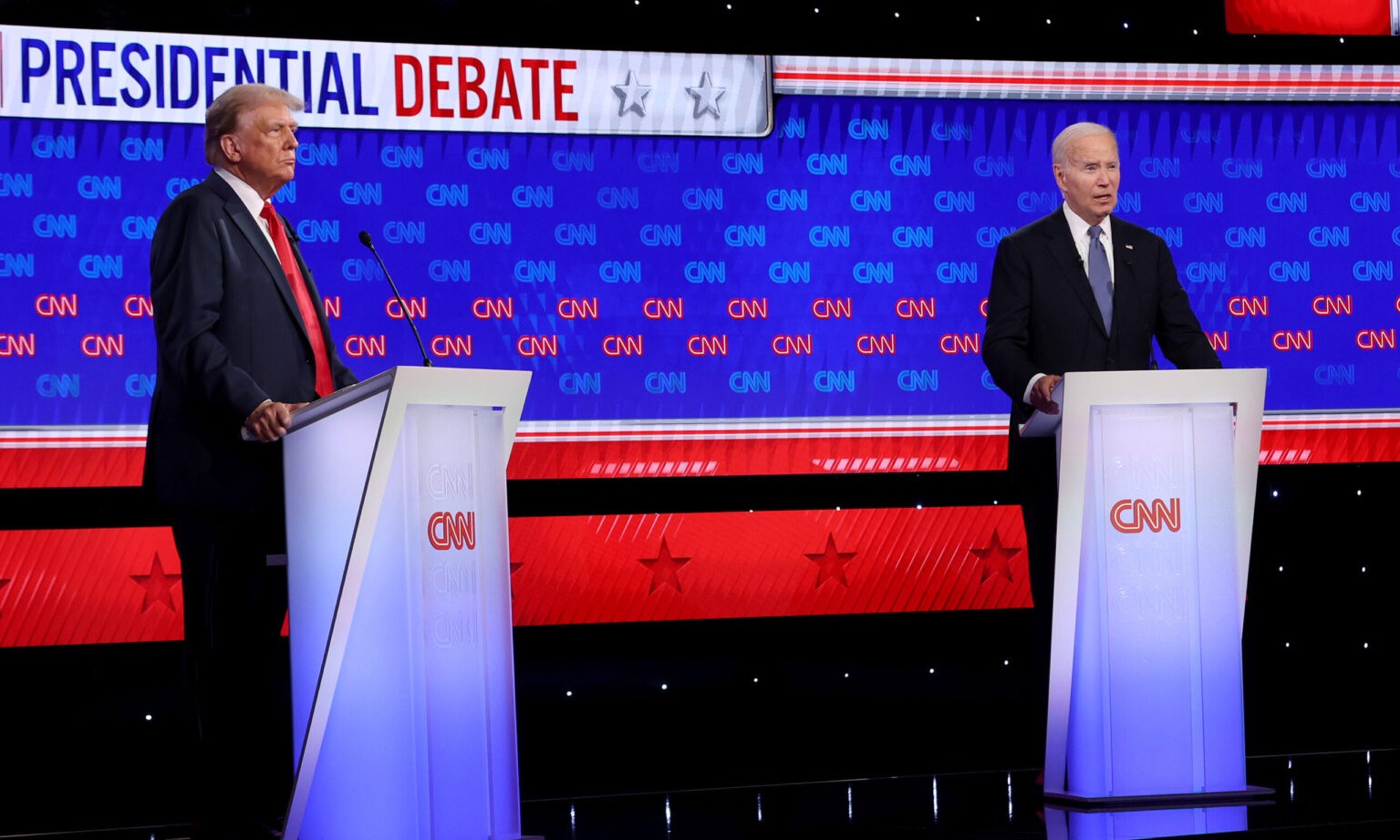
While the Biden administration’s push for electric vehicles may seem like a progressive move, it is ultimately a top-down mandate that limits consumer choice and hurts working-class Americans.
President Trump’s approach, in contrast, is about ensuring that Americans have the freedom to choose the vehicles that best suit their needs, without being burdened by government overreach.
The future of America’s automotive industry should be determined by the American people, not by bureaucrats in Washington, and Trump’s decision is a powerful reminder of the importance of protecting American workers and consumers from harmful, one-size-fits-all policies.
-1749799998-q80.webp)
-1750580456-q80.webp)

